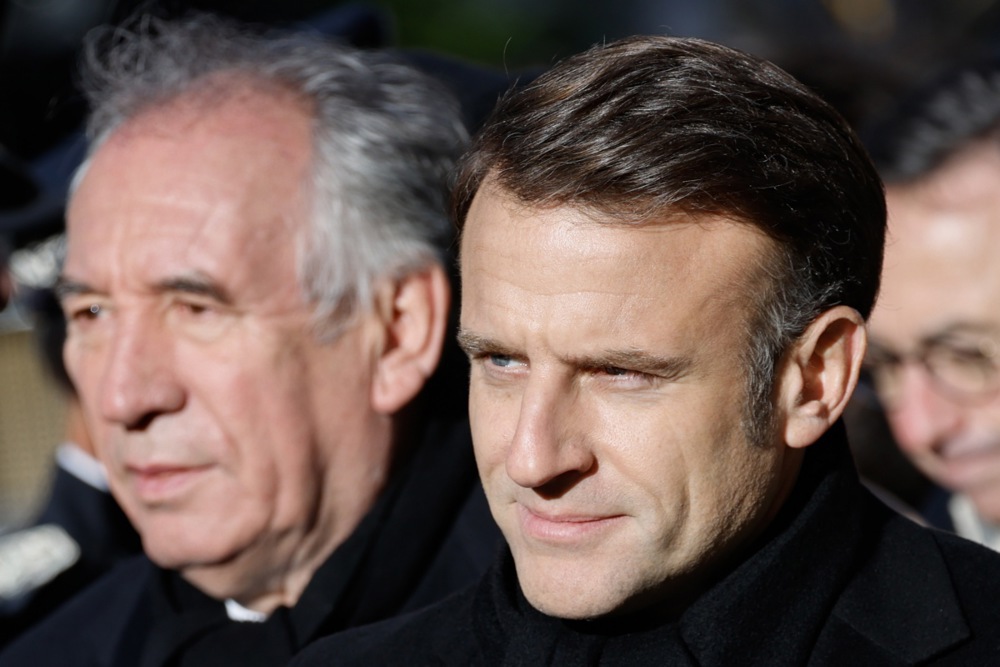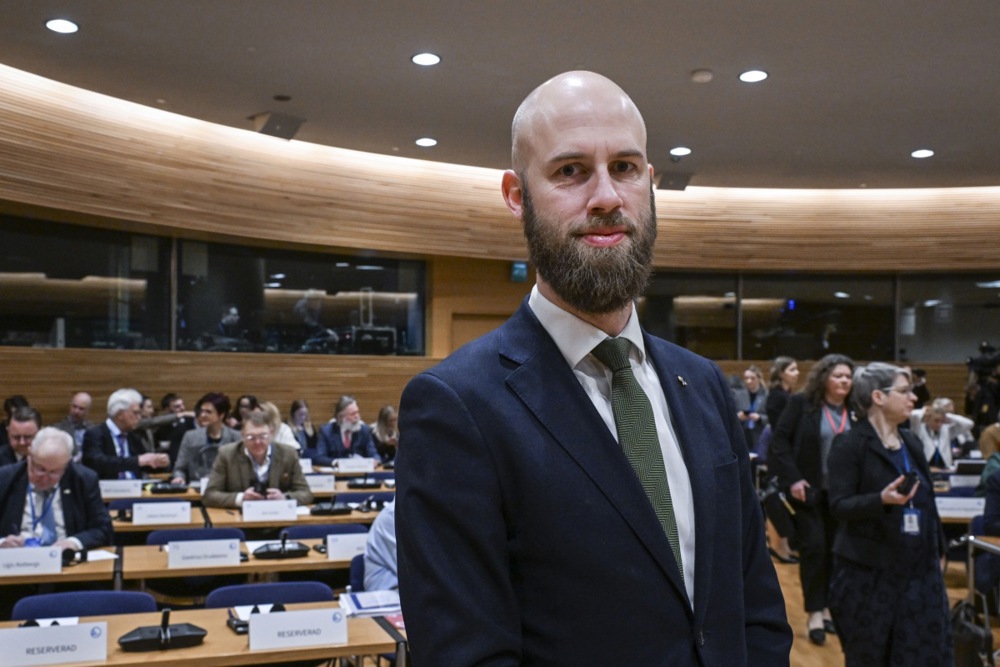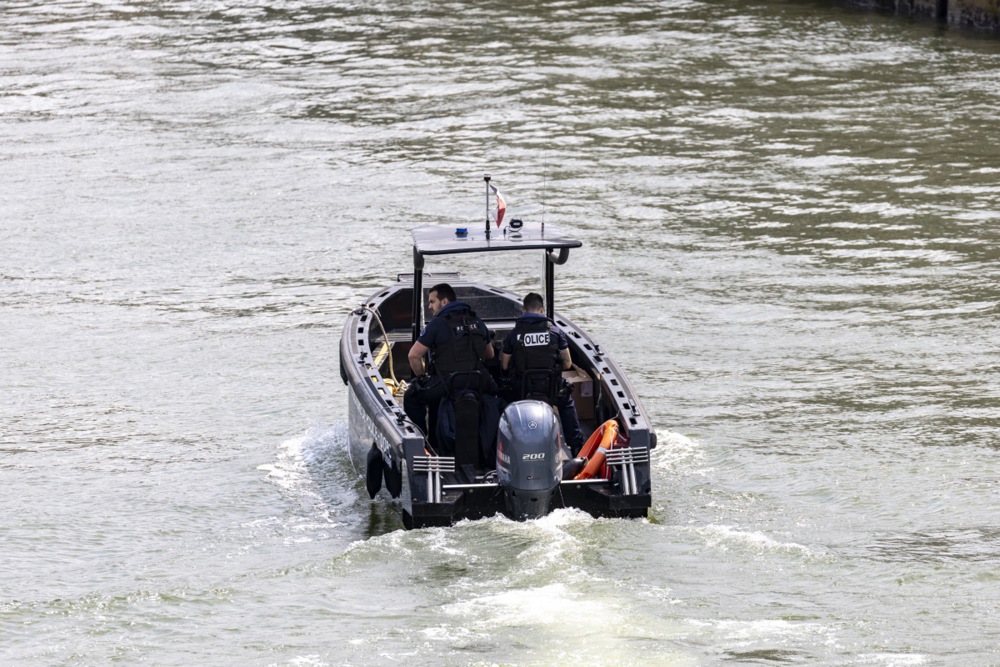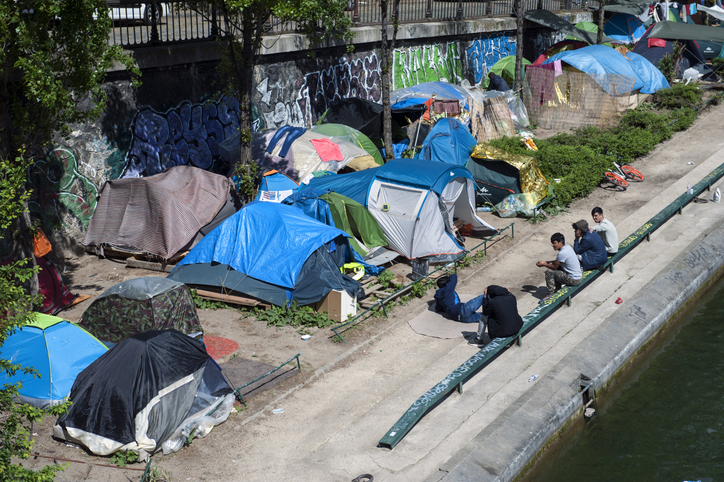Nationwide protests in France under the banner of Bloquons tout! (Block everything) have caused difficulties for the police.
The protests today have become nasty at certain locations but the hoped for national standstill did not materialise.
Paris wanted to cut more than €40 billion, but the plans were thrown out by the parliament when it voted on September 8 to oust then-prime minister Francois Bayrou.
The planned cuts caused major unrest and despite the fall of the Bayrou government, the demonstrations moved ahead nonetheless.
Bloquons Tout! had announced it aimed to bring the entire country to a halt by blocking roads, train stations, school, airports, despite the government warning members not to do so, calling such blockades illegal.
Paris mobilised a huge police force of up to 80,000 officers to prevent the protestors from blocking any sites.
They arrested hundreds of people who were planning to occupy key traffic points. By this afternoon, 430 actions, 273 rallies and 157 blockades had been recorded, Le Monde reported.
In total, the ministry of interior logged around 29,000 participants in the protests but they appeared limited to only a part of the political spectrum.
“This mobilisation is nothing like a citizen mobilisation. It has been hijacked, confiscated and taken over by the far left and ultra-left, supported by the Insoumis movement,” interior minister Bruno Retailleau said.
The majority of protests and action took place in relative calm but in some places violence broke out. In Paris and Marseille, there were scuffles and the police acted with force.
In Rennes a bus was set ablaze on the city ring road.
À Rennes c’est pas on bloque tout mais plutôt on tue me travail de la classe moyenne française. #Onbloquetout pic.twitter.com/d8U4CTWdB9
— RyuuOh ✝️🇫🇷 (@RyuuOh16) September 10, 2025
The prefect of the region, Philippe Mahé, said that the blockade was led by masked individuals and used “unacceptable violence”, which it “strongly condemns”. He commended what he called the high level of professionalism shown by the police.
Protestors torched several rubbish bins in Rennes and in Marseilles. More than 100 fires on public roads were counted by the Operational Centre for Interministerial Crisis Management.
There was also unrest in some schools, with around 100 high schools disrupted and 27 blockaded.
In Lyon, pro-Palestine protestors occupied the train station. When they tried to move into the Gare du Nord in Paris, the police charged to disperse them.
#Paris, charge violente des CRS dans une nasse proche de Gare du Nord. #10septembre #bloquonstout #blocus #manifestation #streetreporter #france #onbloquetout #10septembre2025 pic.twitter.com/S5ZXKqH0Tj
— Jules Ravel (@JulesRavel1) September 10, 2025
Some female members of the right-wing organisation Nemesis joined the protestors to bring attention to the high cost of mass migration but they were attacked.
One girl was charged from the back by a protestor, who pulled her hair, causing her to fall to the concrete floor.
🇫🇷 | Momento exacto en el que un extremista de izquierda agrede a una militante patriota del Colectivo Némesis durante las protestas anti-gubernamentales de esta mañana. https://t.co/f4ATQSmK1y pic.twitter.com/dMpupbNcHC
— ʜᴇʀQʟᴇs (@herqles_es) September 10, 2025
The protests are unfolding against the backdrop of a deepening political crisis and growing fears that France’s public finances are becoming unsustainable.
Bayrou had sought to address the country’s soaring debt — which he himself called untenable — through measures including tax increases. He did not survive a vote in the parliament over his proposal and was forced out, being replaced by Sébastien Lecornu.





